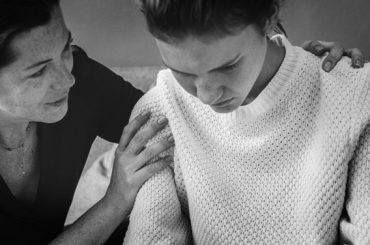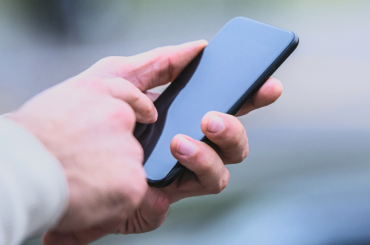As Recovery Unplugged celebrates and observes Pride Month 2020, we remain fully mindful of the cultural, personal, and institutional challenges that this community faces as its members attempt to maneuver in certain spaces in pursuit of equality. LGBTQ+ has made significant progress in its dogged pursuit of respect, recognition, equity and personal safety. Still, there are factors that make life extremely difficult in their personal lives, their professional lives and in their engagements with everyday institutions.
These challenges directly correlate to mental health issues, such as depression, anxiety, and co-occurring substance use disorder. If you or your loved one are a member of the LGBTQ+ community, and you’re struggling with addiction and mental health issues related to your lifestyle, you are not alone.
LGBTQ+ Addiction and Mental Health by the Numbers
There is little debate that the LGBTQ+ community is at increased risk for substance use disorder, and that they face extraordinary barriers to healthcare. The Substance Abuse and Mental Health Services (SAMHSA) reports that adults who identify in the sexual minority (lesbian, gay, or bisexual) are at twice the risk for substance use disorder. At the same time, data published in the Journal of School Health indicates that transgender students are more than 2‐1/2 times more likely as non-transgender students to use cocaine or methamphetamine in their lifetime.
These issues emerge from a variety of acute and long-term traumas. These traumas include things like assault, family estrangement, bullying, harassment, discrimination and more. As such, rehab for the LGBTQ+ community must focus specifically on the unique psychological and social issues that lead to and sustain substance abuse within this population.
The Trust Game: What Does Effective and Compassionate Addiction Treatment for the LGBTQ+ Population Look Like?
Trust and comfort are part of any successful treatment and recovery experience. If you aren’t comfortable with your environment or are triggered by some of the people who are supposed to be caring for you, you will not be receptive to the treatment approach. In these situations, the inability to trust your treatment provider hastens and increases the likelihood of relapse.
To that end, there are specific clinical and environmental factors that can make the treatment more experience for LGBTQ+ more comfortable and conducive to their unique care needs. These factors may include therapists that are trained to treat issues related to gender and sexual orientation; restrooms and living spaces that respect the dignity, personhood, and autonomy of community members; and LGBTQ+-specific group therapy programs.
LGBTQ+ Addiction Treatment at Recovery Unplugged
Recovery Unplugged has remained committed to providing specialized, unique, expert, and compassionate treatment to the LGBTQ+ population. We have helped countless members of this community find their way to lasting recovery, independence and balanced health.
At our LGBTQ treatment centers, we offer medical detox to help with withdrawal. We also offer counseling to address the origins of addiction. All our programs are customized to each individual and include music-based therapies. Through music, our goal is to help clients center themselves and access the emotions beneath their substance abuse. It’s natural for LGBTQ patients to feel distrustful during talk-therapy. Many of these individuals have faced judgment their whole lives and are reluctant to open up to strangers. That’s why music is integral to our program.







